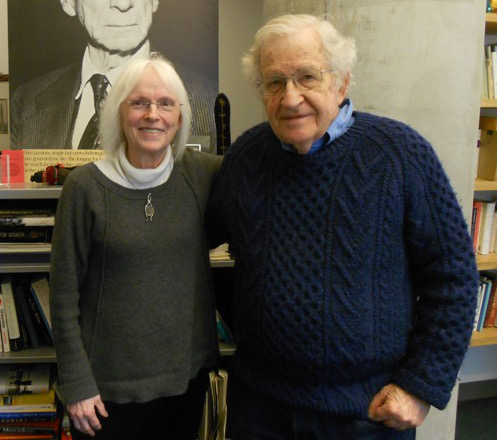Reflections on the Pope's Visit
This week, DC and much of the US was buzzing with the presence of Pope Francis, tuning in to his speeches to the Congress and the UN General Assembly. This Pope has become the most popular in years, provoking dialogue among both Catholics and non-Catholics. His common sense and humane approach to many social issues that have allowed many to feel included again in the church.



